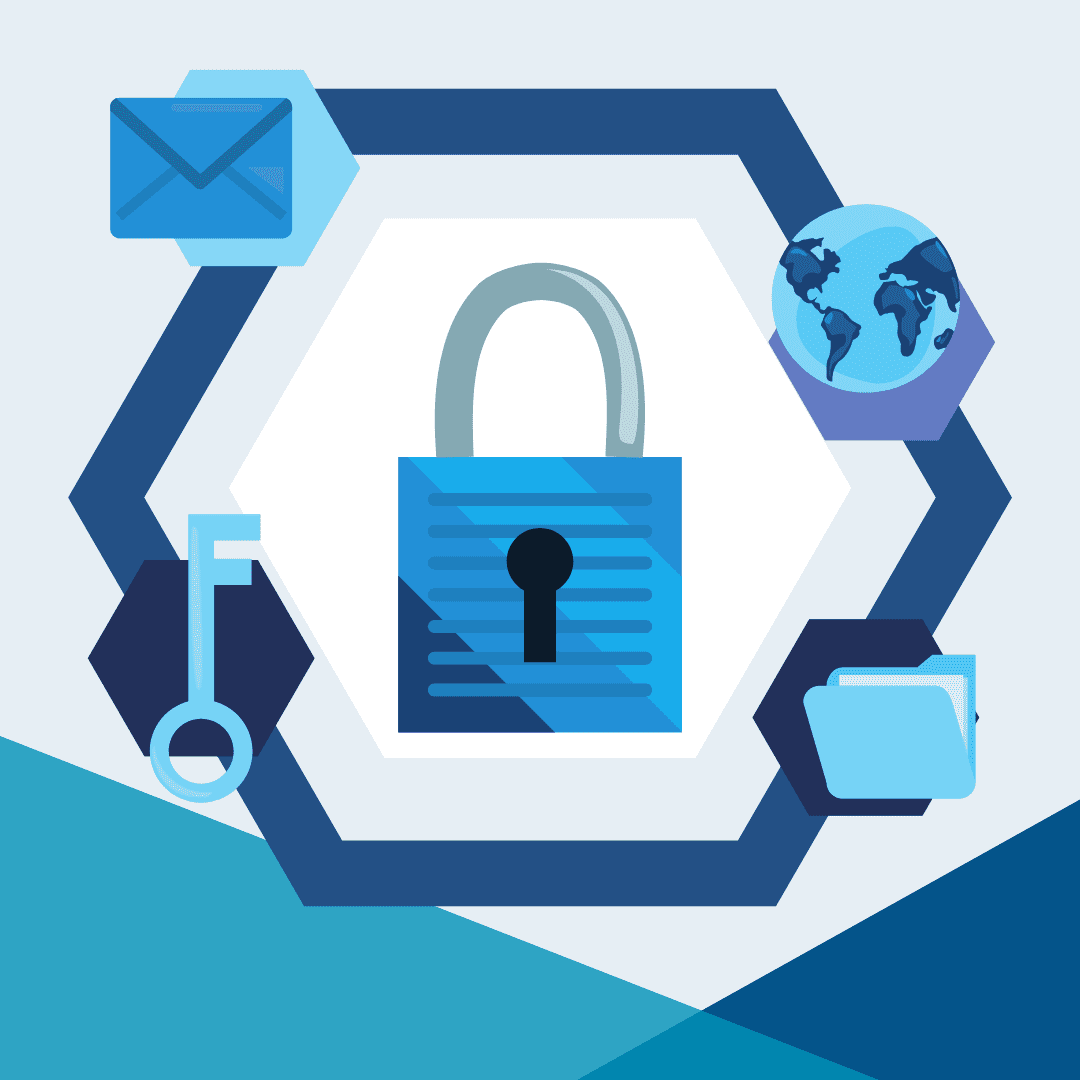Article
MFA stands for Multi-Factor Authentication. It is a security process that asks users to provide two or more verification factors. This is needed to access a system, application, or online account. The purpose of MFA is to add an extra layer of security beyond just a username and password.

When logging in, users typically go through the following steps:
By requiring multiple forms of verification, MFA makes it much harder for unauthorised users to access accounts or systems.

Low Impact, High Reward: MFA is simple to implement and doesn’t disrupt daily operations. Business owners can boost security with minimal training and resources.
Improved Remote Security: With more employees working remotely, MFA secures access from any location, giving business owners peace of mind no matter where their team is located.
Multi-Factor Authentication (MFA) enhances security by requiring multiple verifications to prevent unauthorised access and data breaches. Implementing MFA enhances security, builds customer trust, ensures regulatory compliance, and protects vital business data against cyber threats.
Get your business on the front foot
To provide the best experience on our site, we use technologies like cookies to store and/or access device information. Consenting to these technologies will allow us to process data such as browsing behaviour or unique IDs on this site.